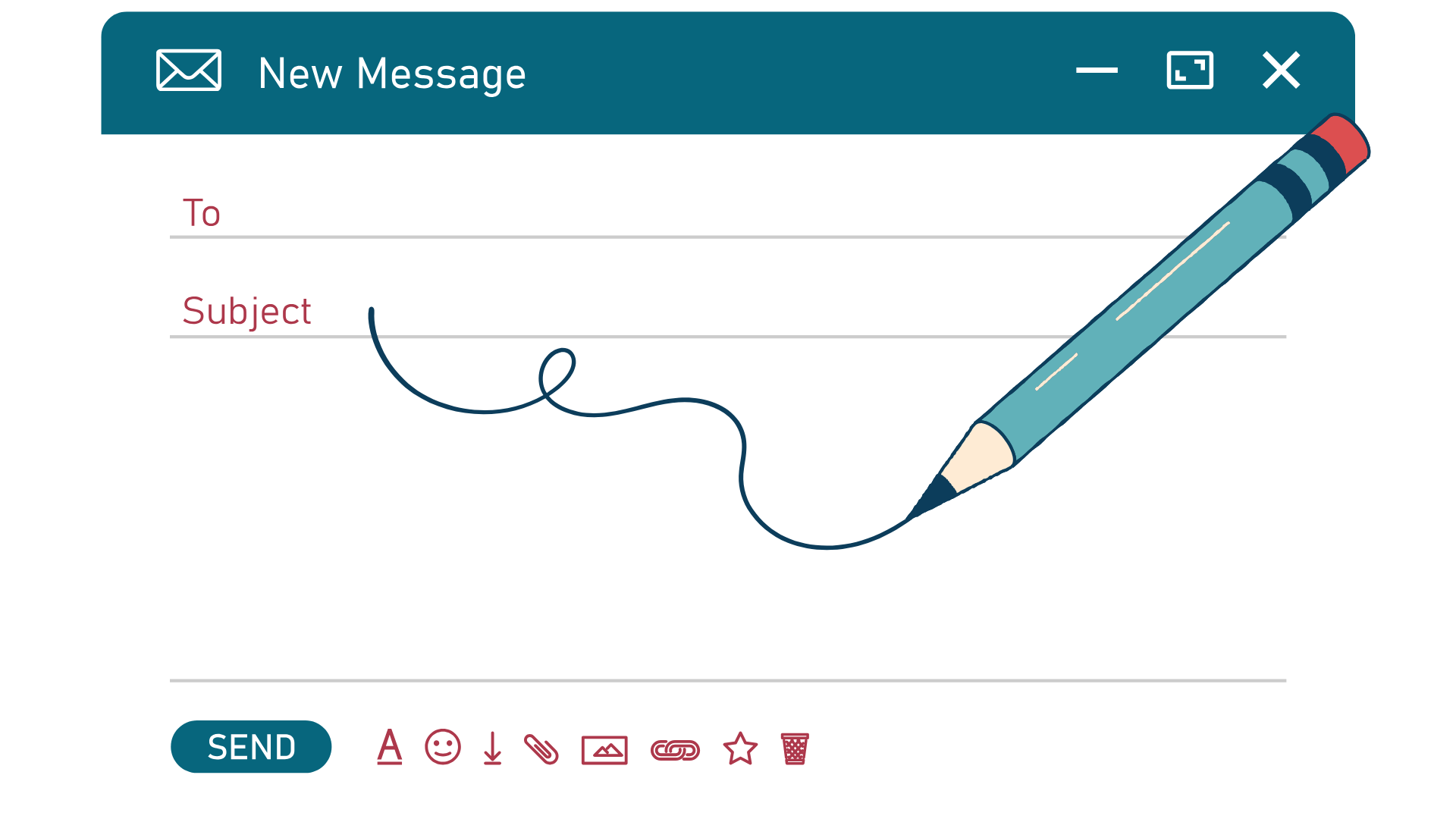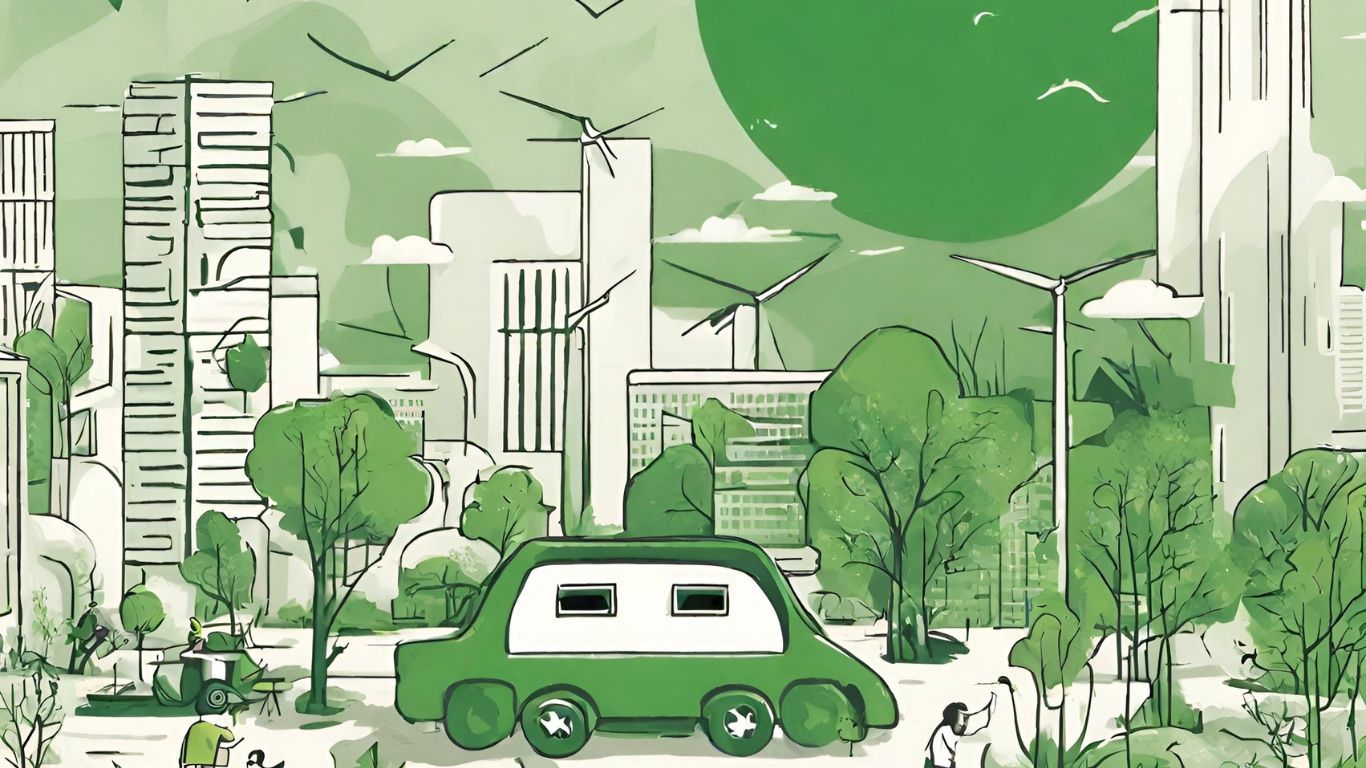The Event Technology Blog
The latest news, best practices, and trends in the event industry—everything you need to know about event digitization, email marketing, and more
How to Reduce an Environmental Impact of In-person Events?

In 2019, a research study on sustainability of conferences discovered that a three-day conference attended by 800 people resulted in the emission of 455 tons of carbon dioxide, equivalent to 100 gasoline-powered passenger vehicles driven for one year. Traveling, food waste, promotional materials, plenty of paper prints. The swag industry alone, valued at USD 64 billion, produces a wide range of cheap items such as USB sticks, power banks, water bottles, branded socks, pencils, stress balls.
On the other hand, when event professionals are planning an event strategy based on environmental optimisation, they should also reconsider the social impact events have on people. People are social beings and therefore the in-person events are here to stay. After the COVID-19 pandemics ended, we have seen the social need people and businesses had during lockdowns and restrictions. Digital events are still organised, but in-person events are again in full swing. If in-person (and hybrid) events are here to stay, we need to change these events in a more sustainable way. Event professionals must plan in-person events which do less harm to the environment – use processes and materials which are as environment-friendly as possible.
Here are few tips how to reduce your environmental impact for your events:
- digitalisation of organising events: use digital channels to promote your event, send digital invitations, tickets and participation confirmation;
- digitalisation of registration process: send your participants codes for event entry and scan the codes onsite, without unnecessary printing the participants’ lists;
- re-use or recycle: avoid single-use plastic material at events and replace it with re-usable or recyclable material;
- measure your food waste and use locally produced food and delivery;
- skip or at least minimise the swag and replace them with using more sustainable and recyclable alternatives to achieve the same objective. As alternative, equip attendees with new experiences which they will remember much longer than swags usually found in waste bins right after the event ends;
- digitalisation of marketing material at the venue: instead of using printed materials use digital screens;
- instead of organising one large event, organise smaller event locally and reduce transportation impact;
- encourage participant to use public transport;
- some event can be organised in hybrid version or as online event alone. When planning an event, consider if your event can be run digitally and you will reduce participants travel costs and time, together with improving environmental impact;
- select suppliers with an active environmental policy.







